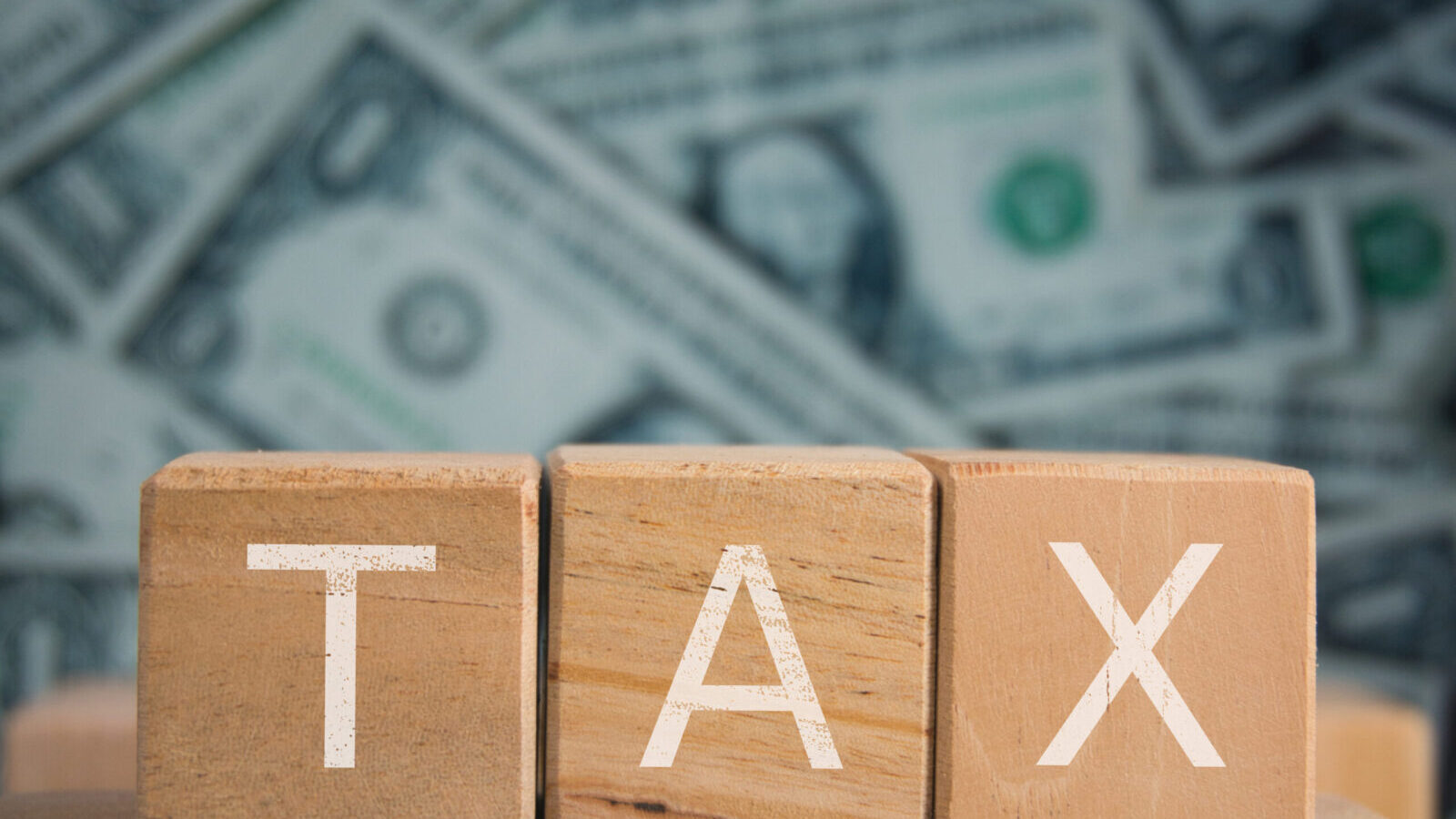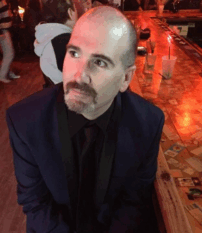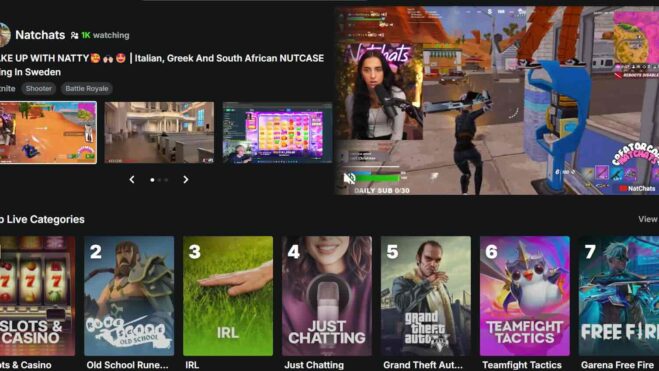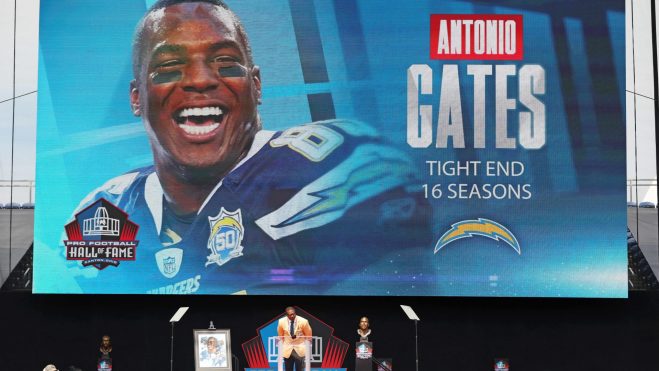Lobbyist Pascrell: Industry Must Change Arguments To Combat Tax Hikes
Pleas to not raise tax rates on operator revenue are falling on deaf ears because they’re not resonating with lawmakers
3 min

The talk of states proposing to enact tax hikes for mobile sports betting and internet casino gaming operator revenue found its way to Florida for the SBC Summit Americas 2025, and long-time lobbyist Bill Pascrell III had a thought or two on the subject.
Actually, he had quite a few.
His biggest point of contention as part of Monday’s panel titled “What Happens When Lawmakers Change The Rules” was that the gaming industry is not making the right arguments while conversing with regulators and legislators when rules and laws are in the drafting period.
“This is an industry of very, very smart, knowledgable people, tech-savvy people,” Pascrell said as part of his freewheeling addresses on a myriad subjects. “This industry is also dumb as nails when it comes to regulatory government affairs.”
Where they’re getting it wrong
Never reluctant to share his opinion, Pascrell asserted that the Trump administration is offering iGaming the chance to spiral into expansion beyond the current seven states. He posited that proposed budget cuts to social programs will “peel down to the states and be a gut punch because they’re either going to raise taxes or they’re going to look for other verticals” to replace federal funding.
He pointed out most operators miss the point that regulators “are not your adversary” and that they offer the chance for collaboration. Pascrell added by not defining the black market as “the bad guys” means operators “need to tell our story better.” He stressed the need to educate legislators and regulators before advocating positions.
Former Pinnacle CEO Paris Smith agreed with Pascrell while offering the caveat that the “people with the most money are giving (legislators and regulators) information that’s very biased and feeds their agendas.” She said regulating has gone from the primary goal of protecting players to “right now, it’s about protecting monopolies.”
Eric Frank, the co-CEO of IC 360, circled back to Pascrell’s point about the black market in the context of why tax rates are being considered.
“Let’s be open about it, let’s be honest about that it’s happening,” he said about illegal operators. “It’s an obvious discussion that nobody wants to have. And I think it’s partially because we’re doing a piss-poor job of having that conversation.”
So what should they talk about?
Smith said that even with it currently being cost-prohibitive to enter the U.S. market place for iGaming, revenue growth “hasn’t even scratched the surface.”
Pascrell said approaching the subject in a way relevant to lawmakers has the potential to work best. Instead of talking about “commercial advantage,” he suggested offering something tangible because the average legislator is not going to understand that sports betting works on a thin margin.
He pointed out that iGaming in New Jersey has generated 23,000 jobs, a figure still growing because of live dealer games. Those jobs, he added, “are high five-figure, six-figure jobs.”
Frank offered the idea of “force stability clauses” to specifically combat tax hikes. He cited the launch of upstate New York casinos that would have been able to recoup a notable portion of revenue and fees had casinos been permitted in New York City within a time frame agreed upon.
Smith offered another angle: being part of the “community of the ecosystem of betting without being an operator.” She noted there are costs to being compliant, but an extra 30 to 40 percent in expenses they did not expect to incur wound up reducing the number of operators.
Starting communication early
It is not surprising that Pascrell said constantly talking to lawmakers is a good course of action, something backed up by Smith and Frank. As Pascrell noted, if an operator is finding out about a proposed law or regulatory change in the drafting process, “you’re too late and your regulatory affairs and lobbying team should be fired.”
Frank observed that an operator might need to have those conversations multiple times. Finding out if other operators are having similar issues and then bringing those to lawmakers or regulators in a united front was another suggestion.
Pascrell took a second spin on the New York angle with a sports betting tangent near the end of the panel, calling the state “the socialist gaming gambling empire of the world” with its 51% tax rate on mobile sports betting. He then closed with a flourish on how operators should tell legislators what a tax hike actually is.
“If you’re a legislator and you’re raising taxes on the gaming industry, you don’t care bupkis about responsible gaming and you can give a rat’s butt about the black market, money laundering, sex trafficking, drug trafficking.
“That’s the message we need to tell and we’re not telling it.”






